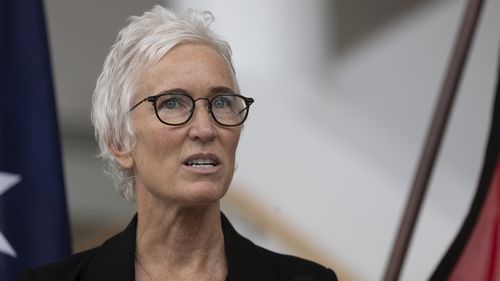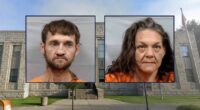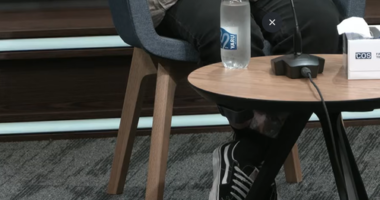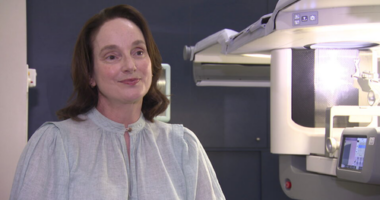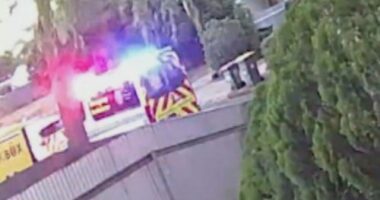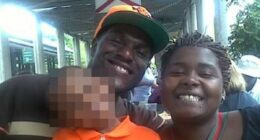Share this @internewscast.com
NSW State Coroner Teresa O’Sullivan has issued an uncommon public announcement revealing that this year saw the highest ever number of Indigenous deaths in custody in the state.
She reported that 12 Aboriginal and Torres Strait Islander individuals have died while in custody this year—an alarming number she described as a “profoundly distressing milestone.”
“These are not mere statistics,” she said in a statement today.

“Each of these deaths represents a person whose life mattered and whose loss is felt deeply by families, loved ones and communities across the state.
“They are individuals whose deaths demand independent and careful scrutiny, respect and accountability.”
The Aboriginal Legal Service said it was a “horrifying record”, adding that an additional four Indigenous people have died in police operations.
“This situation is a crisis and a preventable tragedy that should concern everyone in NSW,” stated Karly Warner, chief executive of the Aboriginal Legal Service NSW/ACT.
“A prison sentence should not be a death sentence.”
Aboriginal and Torres Strait Islander people represent only 3.4% of the NSW population, based on the latest statistics from the Australian Bureau of Statistics.
However, the NSW Bureau of Crime Statistics and Research found that Aboriginal adults constitute 33.4% of the total adult prison population, and Aboriginal youth make up 60% of those in youth detention as of June.

O’Sullivan noted an 18.9% increase in the number of Aboriginal people in custody over the past five years, contrasting with a 12.5% decrease in non-Aboriginal people in custody during the same period.
She added that 45.6 per cent of the Aboriginal adults in custody were on remand or refused bail awaiting court, which was an increase of 63 per cent in the same five-year period. 
“These figures reflect the entrenched over-representation of First Nations peoples in the criminal justice system â a systemic issue that compounds the risks and vulnerabilities contributing to the rising number of deaths in custody,” she said.
Warner attributed the rise to punitive laws and policing practices and called on the state government to work with Indigenous communities to implement real solutions to reduce imprisonment.
”Prisons are dangerous places,” she said.
“The Aboriginal Legal Service has represented families of people who died behind bars of simple and treatable health conditions, and people whose deaths involved hanging points that should have been removed long ago.
“We have solutions to reduce deaths in custody, but too many are sitting on the shelf, gathering dust.”

The NSW government said it takes Indigenous deaths in custody seriously.
“We are working to reduce all preventable deaths in custody, including by improving design and safety across correctional centres, and have invested $16 million to make our prisons safer by removing ligature points,” a NSW government spokesperson said.
“We are prioritising community safety while working with communities to reduce crime, the drivers of crime and towards our Closing the Gap targets regarding Indigenous incarceration.”
An external review of Indigenous deaths in custody is underway and is set to make recommendations to Corrective Services next year.
O’Sullivan â who was appointed as the second woman to lead the Coroners’ Court in 2019 and described as being “passionate about reducing the number of preventable deaths in NSW” â said she will continue to investigate every death in custody “independently and thoroughly”.
“Inquests will be conducted with impartiality, transparency and cultural sensitivity, ensuring that the voices of affected families and communities are heard and respected,” she said.
For 24/7 crisis support run by Aboriginal and Torres Strait Islander people, contact 13YARN (13 92 76).
Readers seeking support can contact Lifeline on 13 11 14 or beyond blue on 1300 22 4636.
